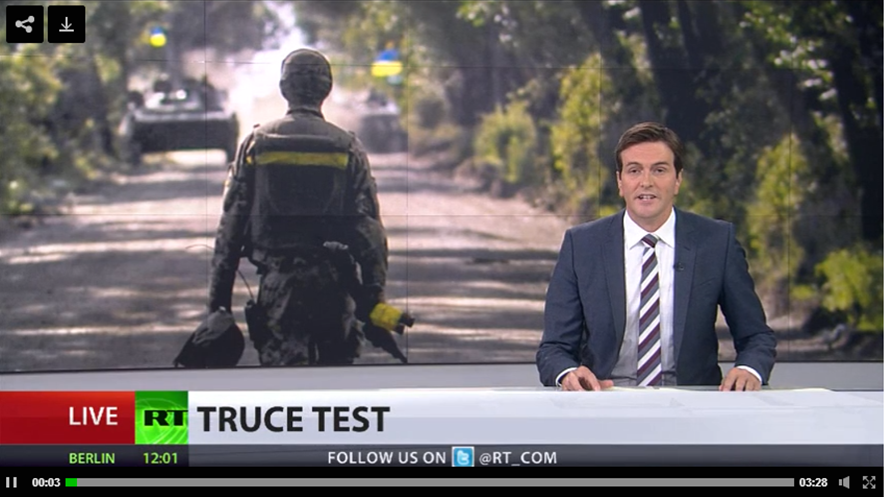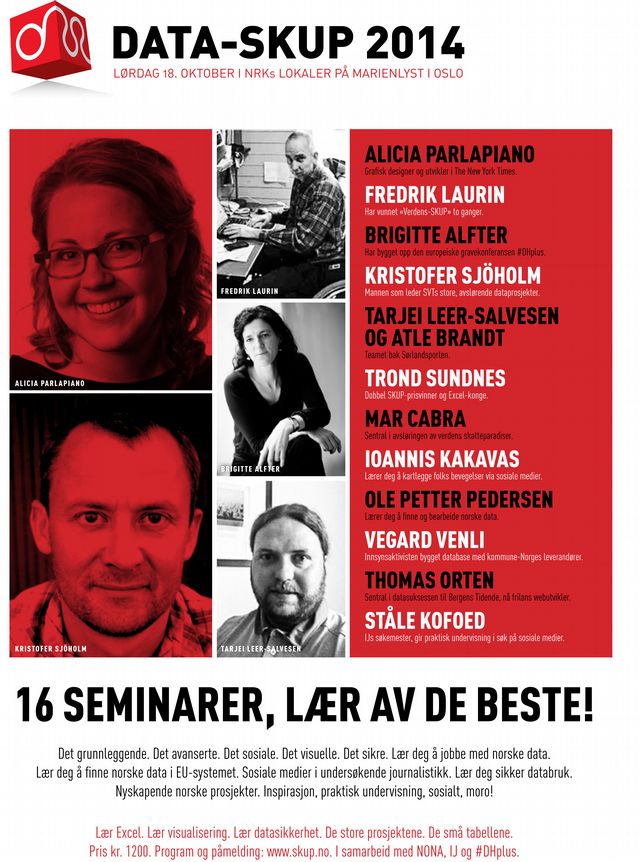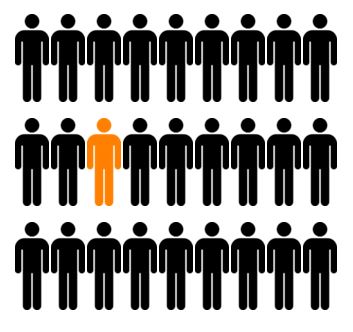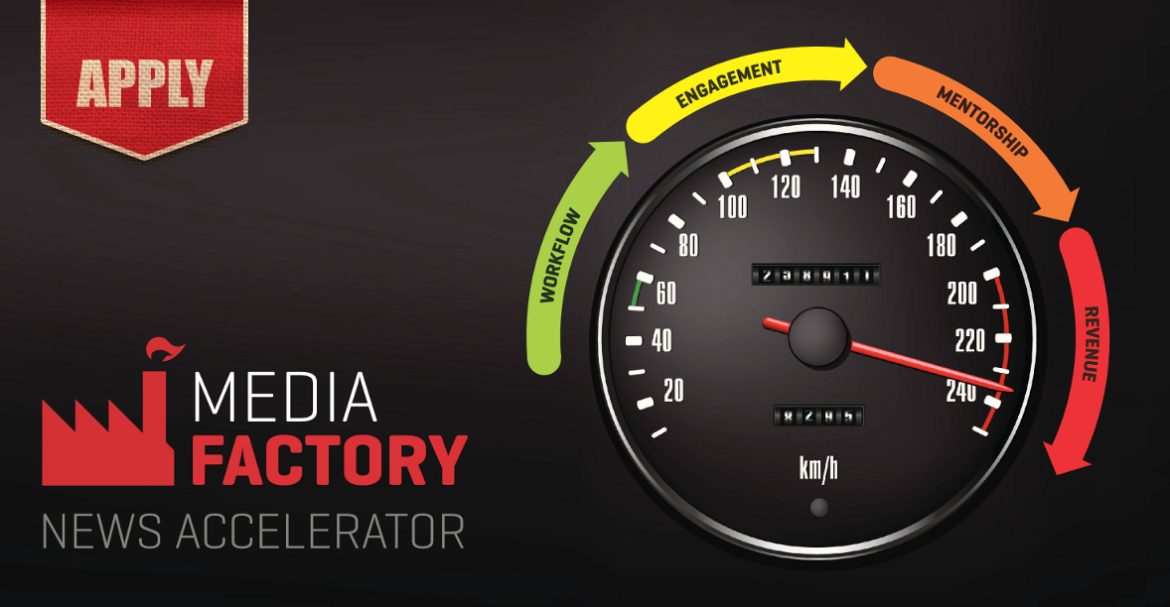Data Journalism
What Is Big Data?
|
“Big Data.” It seems like the phrase is everywhere. The term was added to the Oxford English Dictionary in 2013, appeared in Merriam-Webster’s Collegiate Dictionary by 2014, and Gartner’s just-released 2014 Hype Cycle shows “Big Data” passing the “Peak of Inflated Expectations” and on its way down into the “Trough of Disillusionment.” Big Data is all the rage. But what does it actually mean? we asked 40+ thought leaders in publishing, fashion, food, automobiles, medicine, marketing, and every industry in between how exactly they would define the phrase “Big Data.” Their answers might surprise you!









